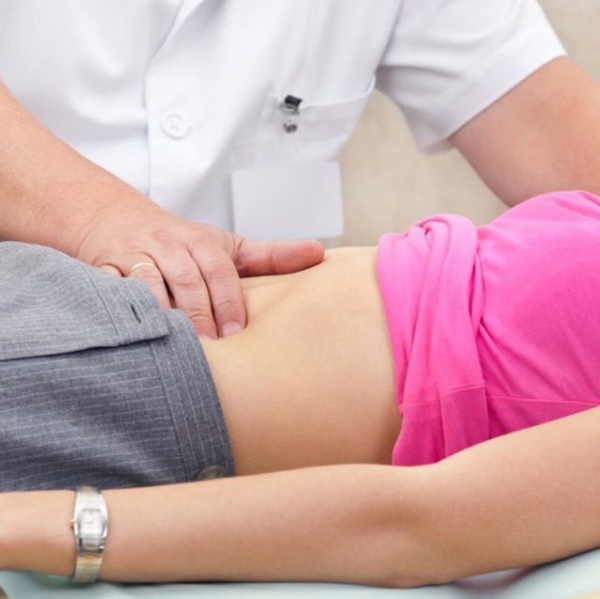
The microbiome research community led the first webinar
16.05.2019
In March 2019, with the support of Valenta Farm was held the first scientific community webinar to promote the clinical study of the human microbiome. More than 300 specialists from different cities of Russia took part in this webinar. The lecturer was the chief gastroenterologist of the Ministry of Health of Russia, academician of the Russian Academy of Sciences Vladimir Trofimovich Ivashkin, In his speech, he touched on one of the most pressing topics in gastroenterology today: "Restoration of the intestinal microbiome as an important component of the complex therapy of IBS."
Vladimir Trofimovich described how the intestinal microbiota is involved in the development of diseases of the digestive, cardiovascular, endocrine, bronchopulmonary systems, and also affects the development of oncological, rheumatic, atopic, urological and gynecological diseases. According to him, results have already been obtained that indicate that patients with atherosclerosis have certain, regular changes in the microbiota that disrupt the metabolism of a number of regulatory molecules. And researches of patients with atopic diseases show that during bronchial asthma, the concentration of short-chain fatty acids sharply decreases due to a significant change in the intestinal microbiota.
More scientists are talking in their works about the existence of the “Microbiome-intestine-brain” axis. On the one hand, the function of the microbiota is absolutely not specific, but on the other hand, already at the “post-microbiotic” level, the effects of the microbiota acquire organ specificity. Changes in the intestinal microbiota can cause behavioral disorders, emotional and cognitive impairment, and also lead to the development of abdominal pain.
The expert told about a difficult clinical case - a young patient with irritable bowel syndrome complained of cramping abdominal pain, increased stool up to 3-4 times a day, as well as heaviness in the epigastrium after eating and reduced attention during exercise. The expert spoke about the algorithm of working with such patients. He paid special attention to the choice of therapy for such patients and its effect on IBS symptoms: "With the help of the 7x7 questionnaire, we obtained evidence that probiotic Florasan®-D effectively affects clinical symptoms in IBS. The drug reduces pain in the abdominal cavity, improves bowel function in case of constipation, frequent, loose / hard stools, as well as in case of flatulence”.
The expert spoke about the results of the research: “Comparing the effects of placebo, probiotics (Florasan®-D), Trimedat and Trimedat® + probiotic combination, to relieve pain, meteriozm and normalization of stool, it turned out that Trimedat® + Florasan®-D combines most effectively all three symptoms. This is fully consistent with the industry standard of treatment for this group of patients”.
Conducting such webinars is a good opportunity to receive comprehensive, high-quality and relevant information from practitioners and experts of the scientific community about modern therapeutic approaches in the treatment of common gastroenterological diseases.
